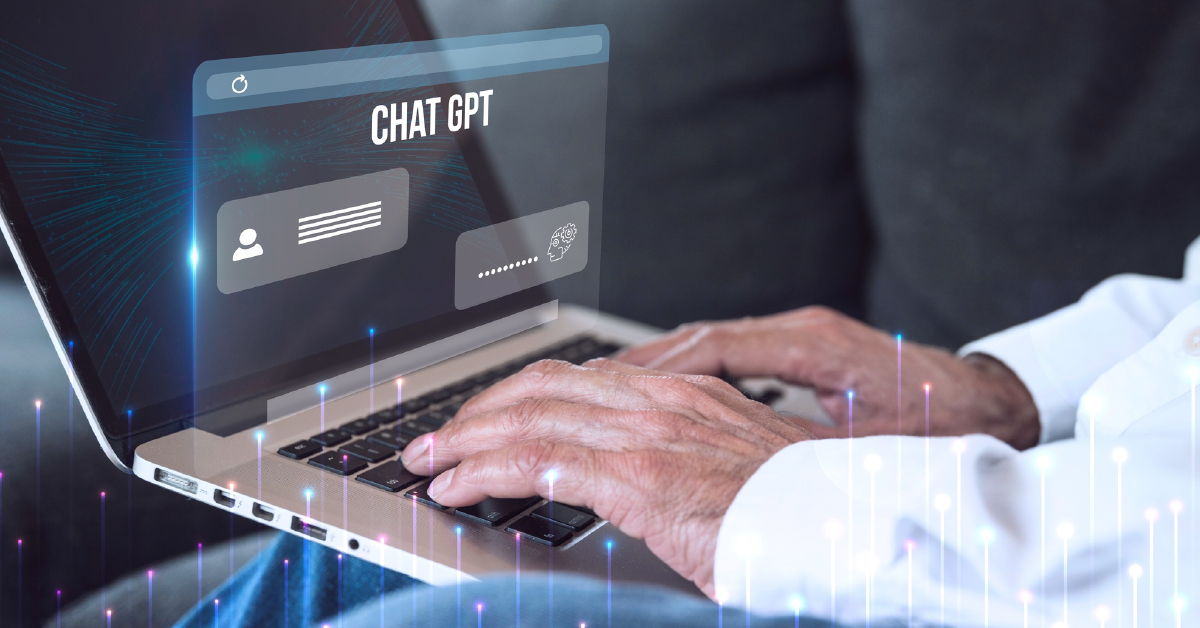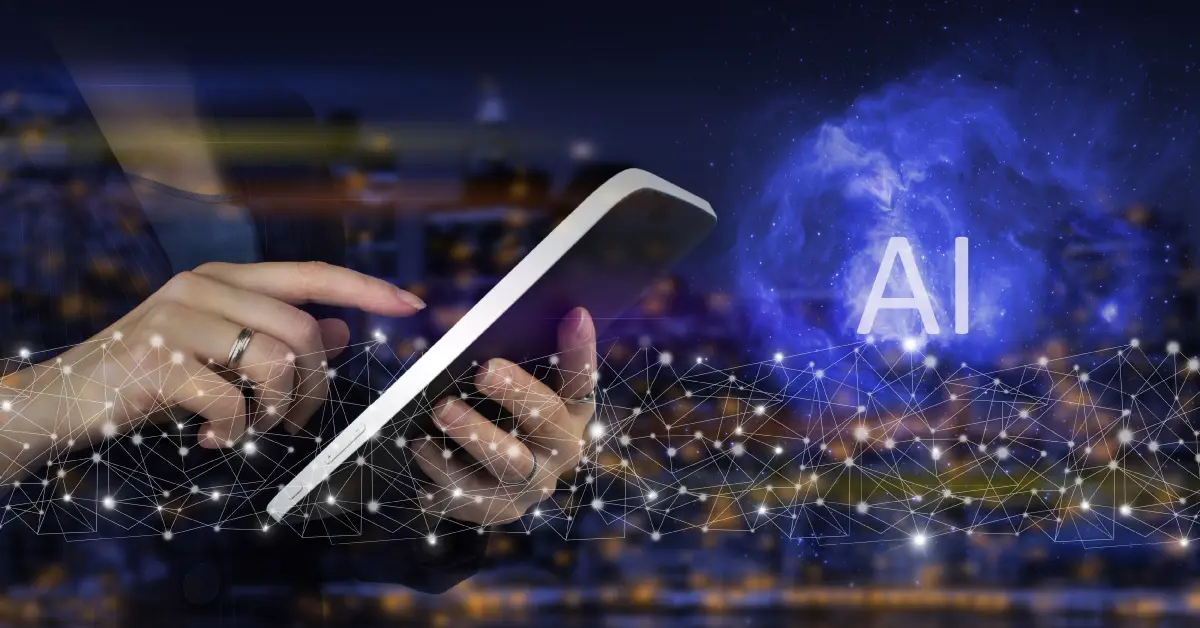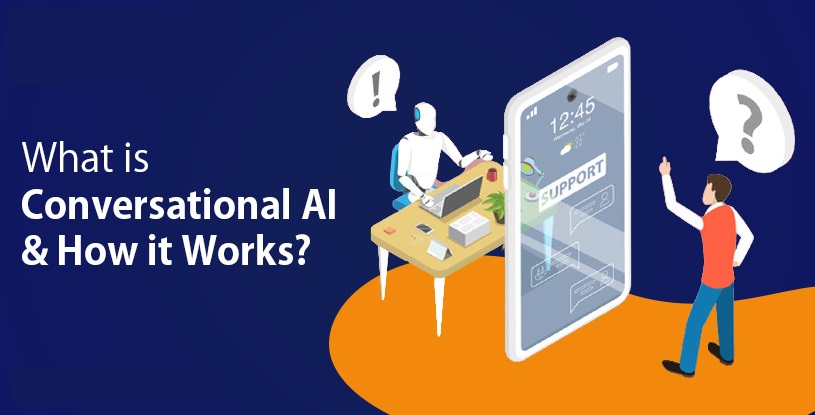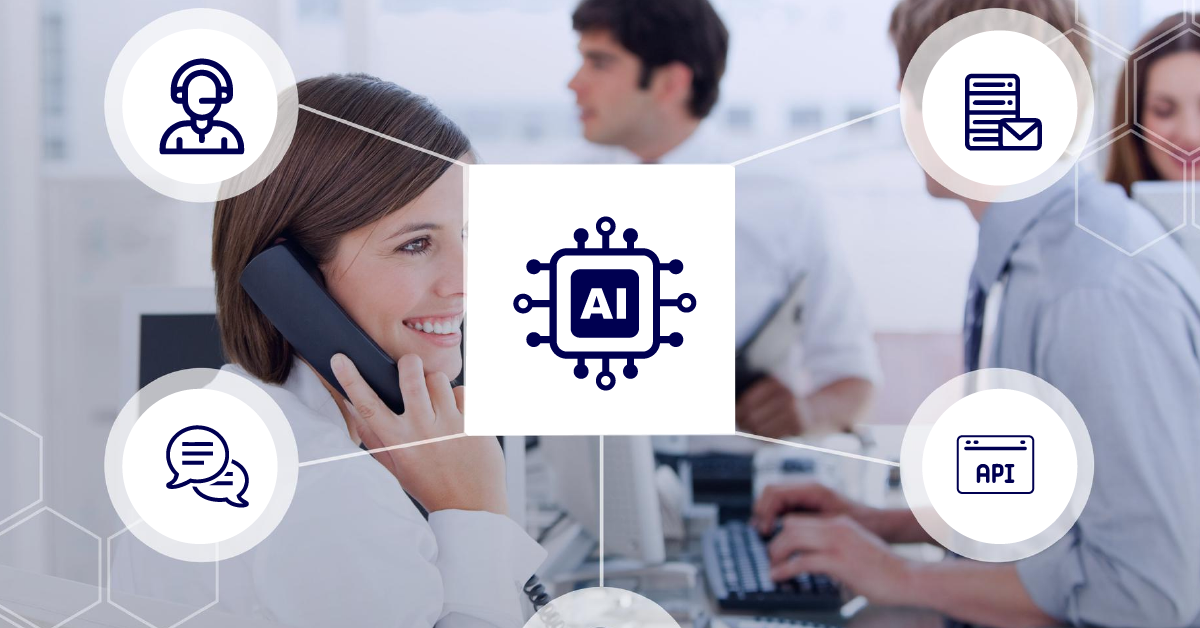How Does AI Play a Role in Education

5 min read
Artificial Intelligence is the technology that has evolved from traditional computing. It is widely accepted as one of the most cutting-edge technologies with many potential uses. AI currently plays a part in Education by:
- Bringing personalized learning to schools and students
- Helping to provide smarter track coaching and teaching methods for teachers.
AI has revolutionized the educational industry. AI-based natural language processing tools are now available to help students with their grammar or language skills compared to before.
Artificial Intelligence
Artificial intelligence is an incredibly broad and multifaceted topic, with its borders perpetually shifting as technology advances. There are many fields of it where we can see the effects on everyday life and how they contribute to our learning and teaching experiences. AI range from the more theoretical, such as machine learning and computer science, to the much-applied fields of natural language processing, speech recognition, and computer vision.
There are also many different ways that are being used in Education. Some teachers might wholeheartedly embrace the technology, while others would be wholly against it. However, most teachers do incorporate some technology into their classrooms since it is such an easy way of enriching the learning experience for students.
It can also help with retention and provide suggestions on improving student attention levels and performance.
- Smart learning can help move away from traditional teaching methods, in which teachers are limited in what they can do.
- Students will be able to learn from a wide range of knowledge and skills directly from their AIs. They will then be able to use that knowledge and skill within different areas of career options, such as medicine, engineering, marketing, or the law.
- Virtual learning can also help with retention and provide suggestions for improving student attention levels and performance.
Machine Learning
Machine learning is a key factor in making technology useful for Education. Machine learning is a technique that helps computers to learn without being explicitly programmed. It enables the computer program to correct mistakes and learn from experience. The reinforcement learning algorithm is also expected to play an important role in developing ai – based education systems. Educators can use reinforcement learning to plan new courses and create new educational material. The machine will apply student feedback to its process and thereby improve itself.
Smart Learning
In addition, there is the option for students to learn at their own pace, which means that they have more autonomy over when they study.
- There is a strong emphasis on knowledge rather than just memorizing information.
- Students can take advantage of the latest technology in teaching and provide an enriched and professional learning environment.
- Artificial Intelligence can help improve retention rates, helping students increase their retention levels linked directly to learning outcomes.
- Students will be able to learn from a wide range of knowledge and skills directly from their AIs. They will then be able to use that knowledge and skill within different areas of career options, such as medicine, engineering, marketing, or the law.
- Virtual learning can help move away from traditional teaching methods which limit teachers in what they can do. Automated manual processes will allow teachers to guide students more effectively through more complex pathways toward a particular career path or educational goals.
How Can AI Play A Role In Education?
It has many ways that it can be used for Education. Machine learning and deep learning are the two fields that are arguably the most widely play role in Education; they are behind many daily tools, from facial recognition software on our smartphones to personalized learning applications in our schools and universities. However, machine learning and deep learning have the potential for much more than personalization; they have been seen as a potential answer to many global issues, such as climate change, disease evolution, and self-driving cars.
Providing students with the latest technology in teaching and introducing them to a wide range of knowledge and skills will allow them to develop their unique skills and career options. It will make them more employable upon leaving Higher Education.
Could They Also Help Us Solve Some Of The Bigger Problems Of Education?
Some of the biggest challenges in Education today include the increased pressure for standardized testing and teacher observation. Many teachers reassure about how they will continue to meet these demands while keeping their students interested in learning. In this context, technology becomes a valuable asset. Machine learning has enabled AI to become powerful enough to recognize subtle patterns and better predict future outcomes based on our actions.
If there are any questions about the relevance of it in Education, you only need to look at the exponential growth in AI-related patents and projects. Over the last few years, Education has become one of the leading sectors for AI research and development. It is becoming clear that AI will play a big role in how we learn and teach today’s students.
Helping Teachers Deliver Better Classroom Instruction
Teachers are facing more challenges today than at any point in our history. Not only do they have to contend with the growing notion that “schools don’t teach anymore,” but they also have to deal with an increasingly diverse set of learners. Many students now entering the classroom are still learning English, while others come from increasingly diverse backgrounds with different interests, learning styles, and ways of thinking. On top of this, teachers are dealing with demographic shifts and shrinking budgets that make it more difficult to hire enough teachers and support staff members.
With all these challenges, teachers today look for novel ways to improve classroom instruction. It means asking themselves if they should use all the tools and technology that are available to them. The answer is unequivocally yes! However, we want to help teachers determine which technologies, such as robotics and AI, best suit their classrooms.
Learning Robots Can Be a Useful Tool in Classrooms
Robots and other technologies designed specifically for educational use can be useful in classrooms. They can provide students with the support they need when dealing with personal challenges, such as adapting when working on different learning tasks or dealing with shyness, and anxiety. Automation task support is something other than what teachers can provide unconditionally. Instead, it requires students to take ownership of their learning and develop the ability to direct their learning.
Like any tool, robotic technologies are been using for good or evil. While we only sometimes think too much about how robots see the world, there are obvious risks with such technology. These devices also raise questions regarding how they treat human beings and whether they are autonomous enough to act on their own.
AR/ VR – Based Learning
Augmented Reality and Virtual Reality are the most important technologies for ai-based Education. AR/ VR – based learning has been popularized by the likes, which will transform classrooms. Augmented Reality/ Virtual Reality learning is a high user-interaction environment that facilitates deep immersion into virtual environments with haptic feedback devices like gloves or headsets and intuitive interfaces that make them easy to use.
Wearable Technology
In the short term, wearables have great potential in Education. There are already classrooms where teachers use Google Glass to give a point-of-view lecture, students use Fitbit to set personal health goals, and tablets to search for resources hands-free. Wearables are easy to deploy, cost-effective, and seamlessly integrated into existing educational systems.
Natural Language Processing
NLP is an important aspect of AI-based education. It can recognize words in audio or video streaming and interrupt them with relevant content. Grading essays or any other written submission is easy with AI. The machine recognizes the sentence as good/ bad, correct/ incorrect, Etc. This technology helps reduce human effort while grading many students’ papers online.
Published: June 23rd, 2023
Subscribe to Our Latest Updates
Get monthly product and feature updates, the latest industry news, and more!





